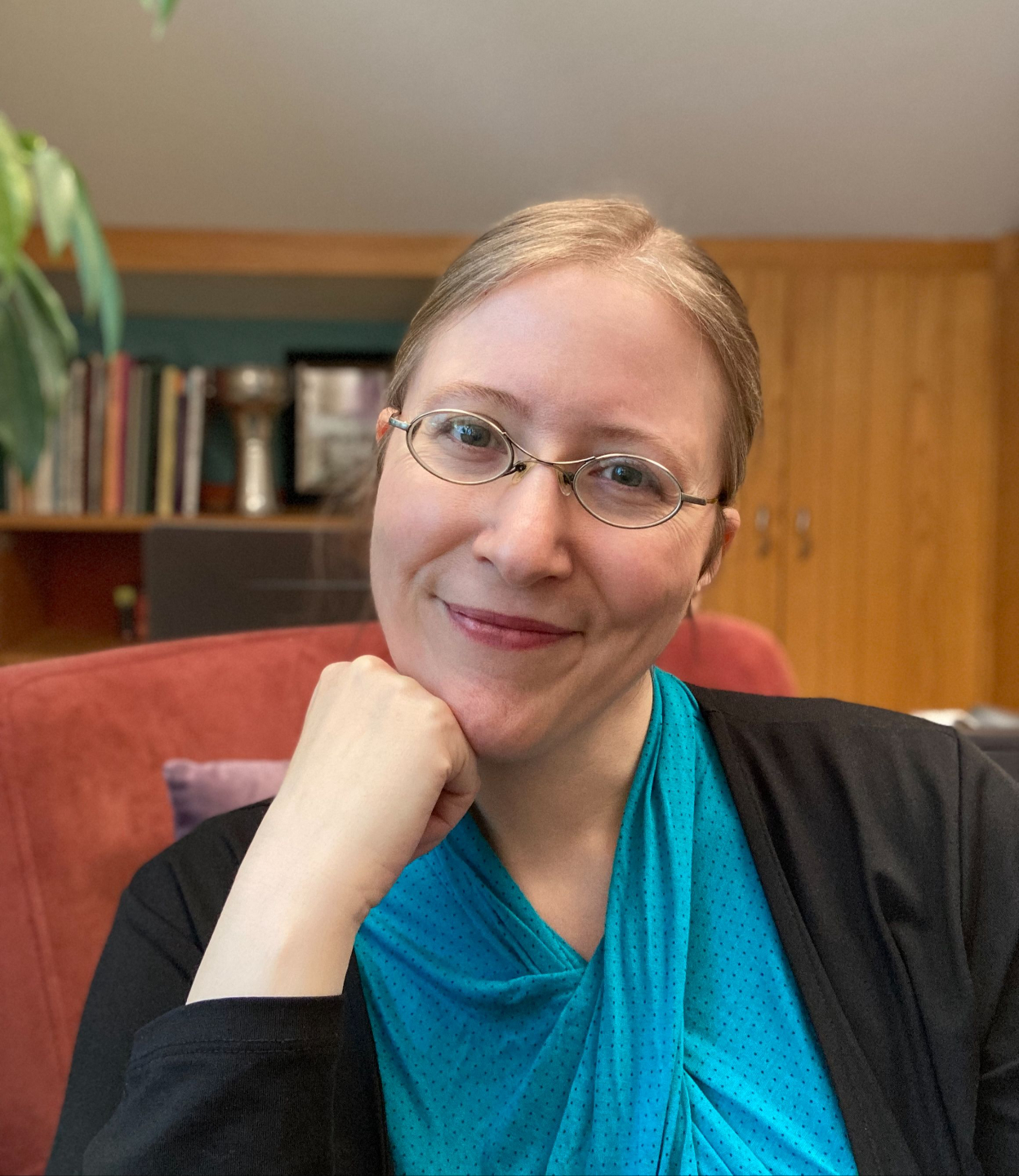Enhancing Mental Health Through Music
Music has the power to impact us on multiple levels—physiologically, neurologically, cognitively, emotionally, socially, and transpersonally.
About This Course
Key Learning Objectives:
-
What is Music: Understand the elements of music and some of the larger social-cultural aspect of music.
-
Case Studies: View case studies involving the use of music at different life stages in the treatment of clients with different behavioral health conditions.
-
Using Music in Practice:Ways you can use music within your scope of practice in your work, such as ideas for supporting your clients in engaging more intentionally and knowing when to consult a board-certified music therapist.
Course admission requirements:
Minimum of a Master's Degree in a mental health or related field; or be a student in social work, psychology, counseling, or a related field. In Low- and Middle-Income Countries, a minimum of a Bachelor's degree in social work, psychology, counseling, or a related field is required.
Enroll in Just this CourseMEET THE PRESENTER
Faith Halverson-Ramos, MA, LPC, ADDC, MFTC, MT-BC, ACS
Faith Halverson-Ramos maintains a private music psychotherapy practice where she works with teens, young adults, adults, and older adults, including adults seeking psychedelic-assisted therapy. Trained from a transpersonal perspective and heavily influenced by integral spirituality and contemplative practices, she is currently pursuing a Ph.D. in Music Therapy at Colorado State University. She has presented internationally and nationally on music and mindfulness, and music and spirituality, and has contributed to publications involving spirituality, music therapy, and aging.

Course Materials
- Prerecorded Video: (120 minutes)
- Presentation
- Handouts
- Quiz
- Presentation Feedback Survey
- Certificate of Completion*
*A passed quiz of at least 80% and a completed feedback survey required for certificate.
Continuing Education (CE) hours
3 NBCC CE hours are available for licensed mental health providers. Please check with your licensing board to confirm that NBCC CE hours are accepted.
Integrative Trauma Treatment Center (ITTC) has been approved by NBCC as an Approved Continuing Education Provider, ACEP No. 6912. Programs that do not qualify for NBCC credit are clearly identified. Integrative Trauma Treatment Center (ITTC) is solely responsible for all aspects of the programs.

Become a Member!
A monthly subscription to ITTC’s Professional Learning Community, KALOS Includes:
- Unlimited Access to asynchronous courses and workshops with more being added all the time.
- Access to the Learning Community where you can connect with colleagues worldwide.
- Discounts on our live events like trainings, webinars, retreats, and our Trauma Summit.
All courses offer continuing education credits unless otherwise indicated.
Join KALOS
